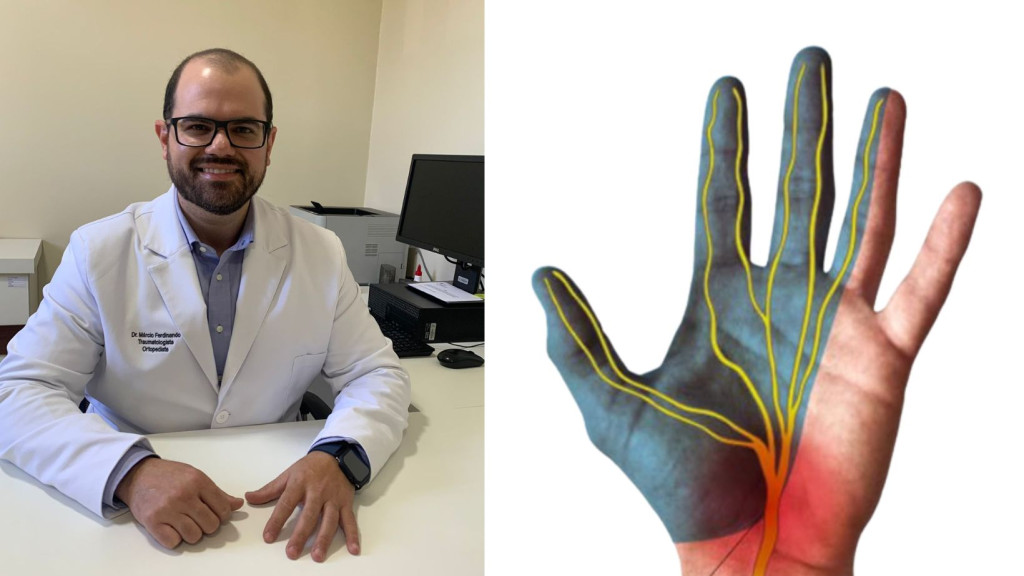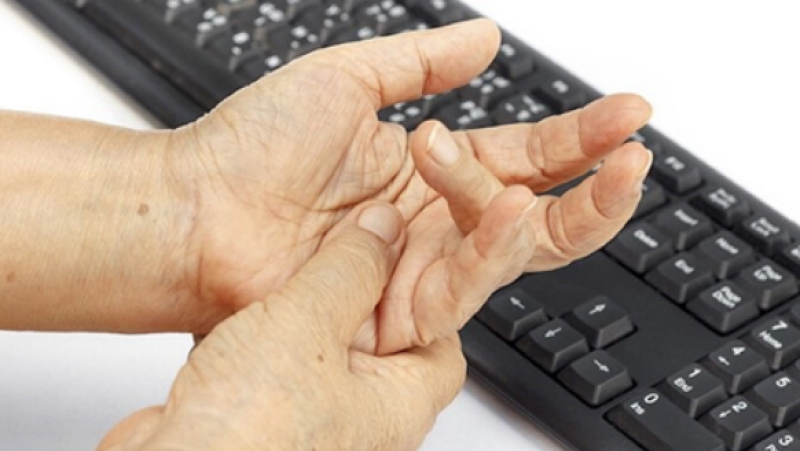
Article written by Márcio Pereira Lima Ferdinando, CRM 178003, Orthopedics and Traumatology – RQE N°: 20091
Have you ever needed an appointment with an orthopedist? Do you know exactly what this specialty is? So read the article below to understand more about what this doctor who treats all parts of the body does. What is orthopedic surgery? Orthopedics is the medical specialty responsible for diagnosing, treating and monitoring injuries affecting the musculoskeletal system, that is, all diseases and injuries affecting muscles, joints, bones and ligaments.
Thus, orthopedics is the specialty that treats the entire body, as these tissues and structures make up the entire body. What is the role of the orthopedic doctor?
An orthopedic surgeon must be prepared and knowledgeable to perform procedures, from the simplest to surgical procedures (if trained as an orthopedic surgeon). An orthopedic doctor can conduct consultations and see patients in his office, in an orthopedic or specialty clinic, or in a hospital.
He evaluates his patients’ complaints, as well as symptoms, to detect potential problems, injuries, or trauma they may be experiencing. In addition, the orthopedic surgeon also has the ability to order examinations to analyze the patient’s clinical condition in more depth.
These tests are necessary to aid in diagnosis and plan appropriate treatment. Depending on your suspicions or the needs of each case, the orthopedist may order different types of examinations, such as X-rays, MRI, CT scan, etc.
Therefore, orthopedists play an essential role in the care and health of the musculoskeletal system, providing accurate diagnosis and appropriate treatments for a better quality of life for patients.
If you are facing any problem related to your muscles, joints, bones and ligaments, do not hesitate to seek advice from an orthopedic doctor.
Dupuytren’s disease (palmar fibroma): It is a disease that affects the palmar fascia and causes hard nodules in the palm of the hand, which limits the movement of the fingers and affects the quality of life.
Trigger finger (TinosinovStenosis: It is a blockage in the finger due to inflammation of the flexor tendon, causing pain and difficulty opening and closing the finger. Treatment depends on the stage of the disease and may be related to other systemic conditions.
Carpal tunnel syndrome: It consists of compression of the median nerve in the wrist, causing tingling, pain and loss of strength in the hand. Early diagnosis and treatment are essential to avoid irreversible nerve damage.
These previously mentioned conditions, such as Dupuytren’s disease, trigger finger, and carpal tunnel syndrome, are examples of problems that can affect the musculoskeletal system and require the specialized attention of an orthopedist. If you are experiencing symptoms associated with these conditions or any other injury to your hands or upper extremities, it is important to seek medical advice for an accurate diagnosis and appropriate treatment. Your orthopedist will be able to perform specific tests and determine the best treatment options to improve your quality of life and restore function to your affected limbs. Be sure to seek medical help if you experience any of these problems.

“Friendly zombie guru. Avid pop culture scholar. Freelance travel geek. Wannabe troublemaker. Coffee specialist.”








